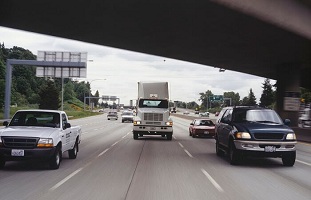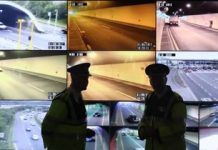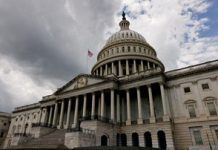Preliminary estimates based on April data from all 50 states in the United States indicate that for the second straight month, Americans did not reap any safety benefit from having less roadway traffic.
In fact, the roads became even more lethal as miles driven plummeted. Preliminary estimates from the National Safety Council show a year-over-year 36.6% jump in fatality rates per mile driven in April, in spite of an 18% drop in the total number of roadway deaths compared to April 2019. The actual number of miles driven dropped 40% compared to the same time period last year. The mileage death rate per 100 million vehicle miles driven was 1.47 in April compared to 1.08 in 2019.
Through the first four months of 2020, the following states have experienced notable increases in the number of roadway deaths: Arkansas (24%), Connecticut (45%), Illinois (6%), Louisiana (17%), Minnesota (6%), Nevada (7%), North Carolina (7%) and Oklahoma (6%).
States with notable decreases include Arizona (-12%), Colorado (-5%), Hawaii (-34%), Idaho (-36%), Indiana (-16%), Iowa (-16%), Maryland (-14%), Michigan (-17%), New Jersey (-9%), Oregon (-28%), South Carolina (-12%) and Washington (-16%).
“Even without traffic, our roads were no safer,” said Lorraine M. Martin, president and CEO of the National Safety Council. “It is heartbreaking to see the carnage on our roadways continue, especially when our medical professionals should be able to focus intently on treating a pandemic rather than preventable car crashes. These numbers underscore our urgent need to change the culture of safety on our roads.”
As was the case in March, quarantines and shelter in place directives across the country account for a significant portion of the drop in the number of deaths. However, reports of increased speeding in several states may account for the rising death rates







